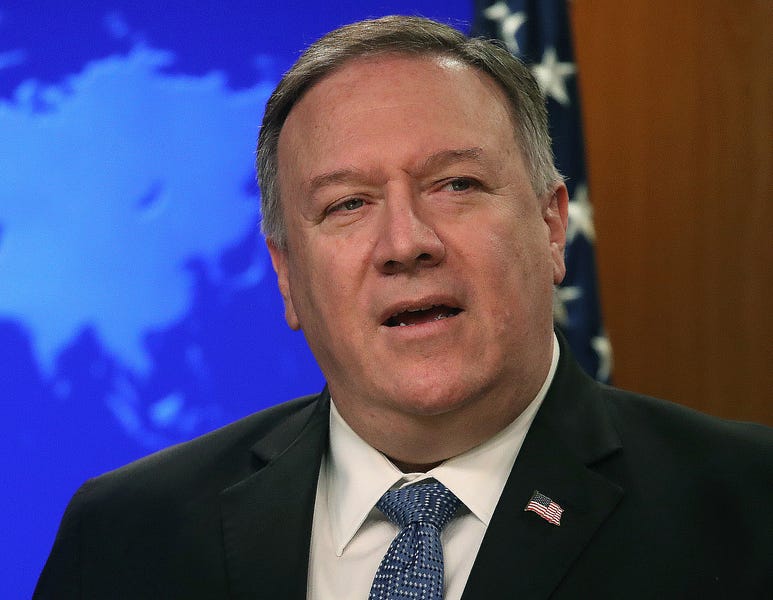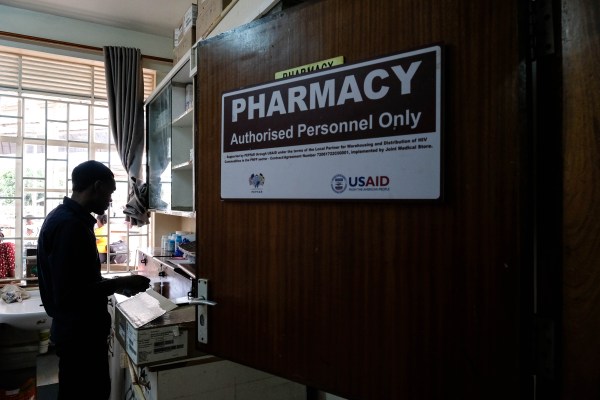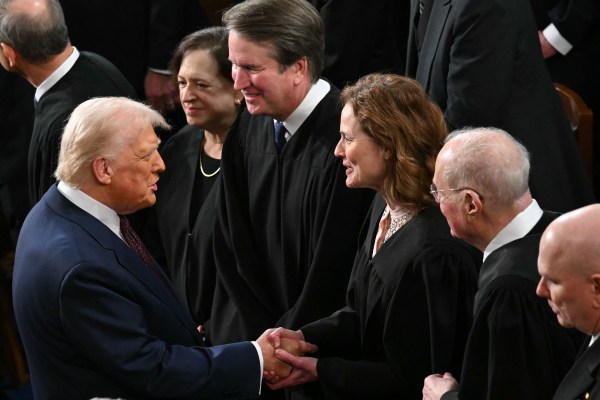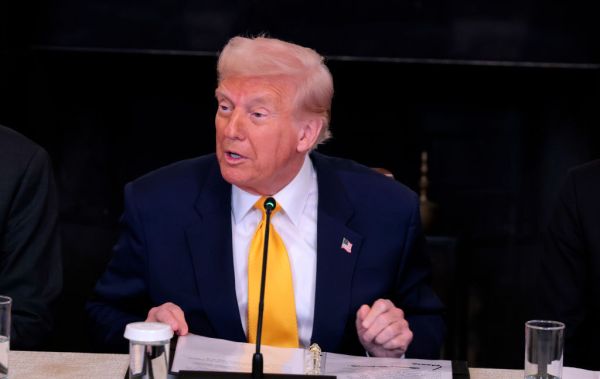During an appearance on Fox News late last week, Secretary of State Mike Pompeo claimed that “Al-Qaeda is a shadow of its former self.” His assertion is noteworthy for a few reasons. First, President Obama and his advisers used the exact same phrasing for several years, even as ISIS, an offshoot of al-Qaeda, grew in power and al-Qaeda itself spread throughout much of the Middle East and North Africa. Obama’s description of al-Qaeda as a “shadow of its former self” was intended to justify his administration’s policies. The Democratic president thought he could unilaterally end America’s wars against the jihadists. So, Obama often only saw what he wanted to see—and he was wrong. There are many good reasons to think Pompeo is wrong now as well: Dozens of experts are warning against downplaying the threat from al-Qaeda. And last week, many of them gathered in Morocco at a conference held by Pompeo’s own State Department to discuss the urgent and ongoing challenge presented by al-Qaeda.
While Pompeo was sitting on the Fox News set in New York, delegations from 55 countries gathered at a conference sponsored by the State Department’s Counterterrorism Bureau, specifically dedicated to combating al-Qaeda’s global threat. In addition to the United Nations, countries from throughout Africa, Asia, Europe, the Middle East, North and South America were represented. In a statement of principles derived from the proceedings, the participants described al-Qaeda as “resilient,” warning that its “network remains committed to its long-term goal of conducting worldwide operations.” Al-Qaeda has “taken advantage of the global attention focused” on ISIS, which was disowned by al-Qaeda in 2014, “to strengthen its existing regional affiliates, mostly in Africa, Asia, and the Middle East.” That is, while the U.S. and its allies were destroying ISIS’s territorial caliphate in Iraq and Syria, al-Qaeda was building out its operations across several countries. Al-Qaeda is also emphasizing its “global presence and longevity,” thereby ensuring that its jihad is a “longer run” problem for the participating nations.
Indeed, the State Department organized the conference to sound the alarm about a growing al-Qaeda menace. All hands are needed on deck. Only that way can America’s allies and partners limit the many al-Qaeda threats headed their way. The conference participants said they are especially concerned that al-Qaeda could exploit “counterterrorism capacity gaps.” So they committed to bolstering their own legal frameworks and security policies to counter al-Qaeda’s “ever changing and evolving threat,” while also developing policies for “collective cooperation.” The 55 delegations agreed to “elevate” issues related to “all terrorist groups, including Al-Qaeda,” in any of the regional or international security forums they participate in.
Nearly 19 years after the Sept. 11, 2001, hijackings, al-Qaeda still poses a threat to commercial aviation. The conference participants agreed to “increase their cooperation” to improve airport and aviation security, so that they can “deter, detect and interdict travel by al-Qaeda members” with bad intentions. Ominously, the participants found, al-Qaeda has already “developed quite a sophisticated network of communication tools” and is looking for ways to utilize them in high-profile attacks, which could rely on “new technologies.”
Think about the State Department’s message. Al-Qaeda is “resilient” and “evolving,” while its men have “strengthen[ed]” their foothold across several regions and still have an eye on major “worldwide” terrorist attacks. This is the opposite of a “shadow of its former self”—as Pompeo claims.
Of course, Pompeo’s remarks came in the context of the Trump administration’s deal with the Taliban. While committing to withdraw all American forces from Afghanistan in 14 months, President Trump and Secretary Pompeo have endorsed the Taliban as America’s counterterrorism partner. As I wrote in last week’s Vital Interests newsletter, that doesn’t make sense. But now we can add one more reason the deal is a bad one. In order to justify the withdrawal agreement, Secretary Pompeo is only seeing what he wants to see—just like President Obama.
Photograph of Mike Pompeo by Mark Wilson/Getty Images.








Please note that we at The Dispatch hold ourselves, our work, and our commenters to a higher standard than other places on the internet. We welcome comments that foster genuine debate or discussion—including comments critical of us or our work—but responses that include ad hominem attacks on fellow Dispatch members or are intended to stoke fear and anger may be moderated.
With your membership, you only have the ability to comment on The Morning Dispatch articles. Consider upgrading to join the conversation everywhere.